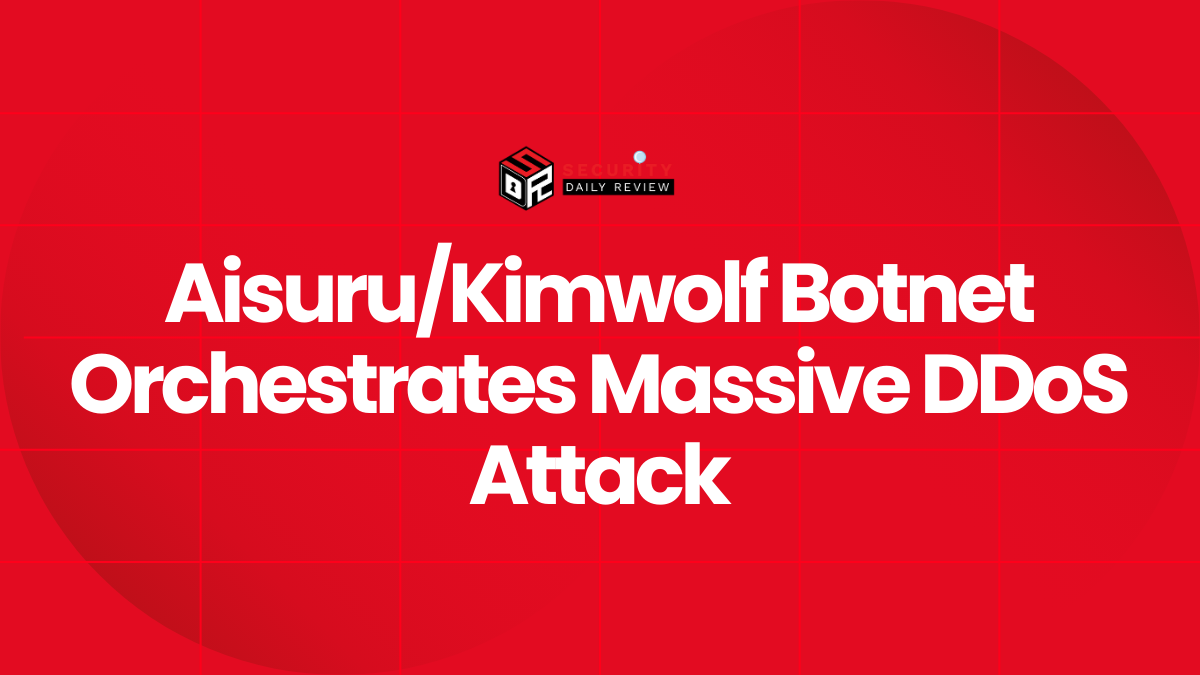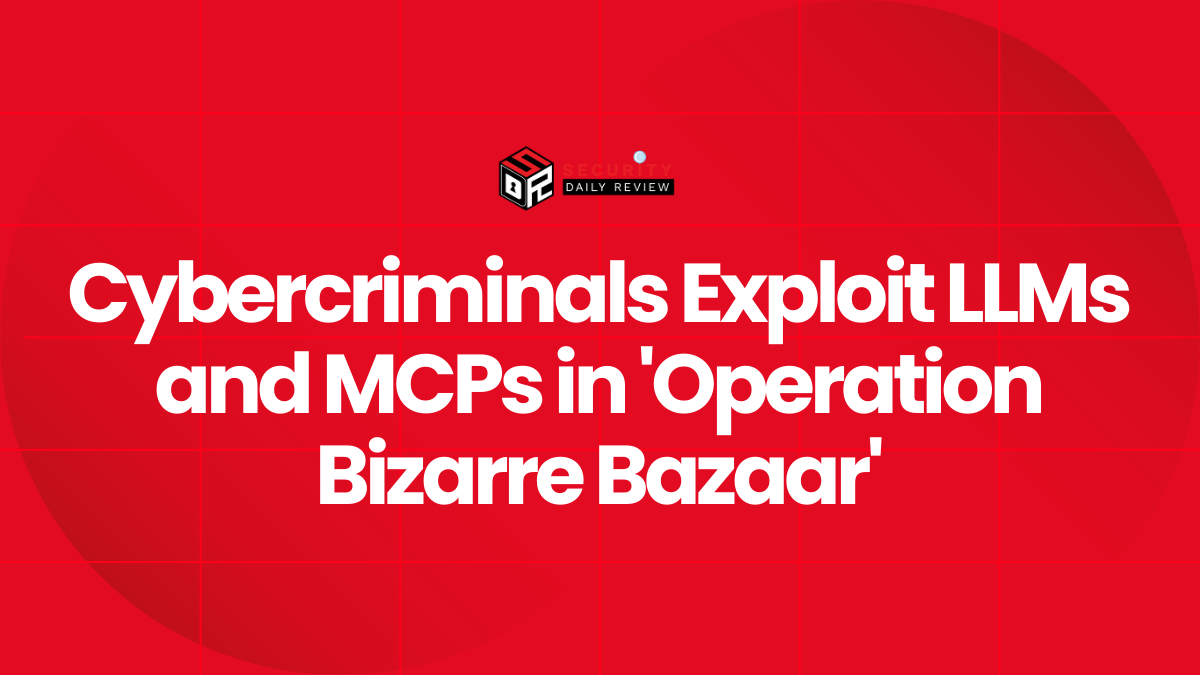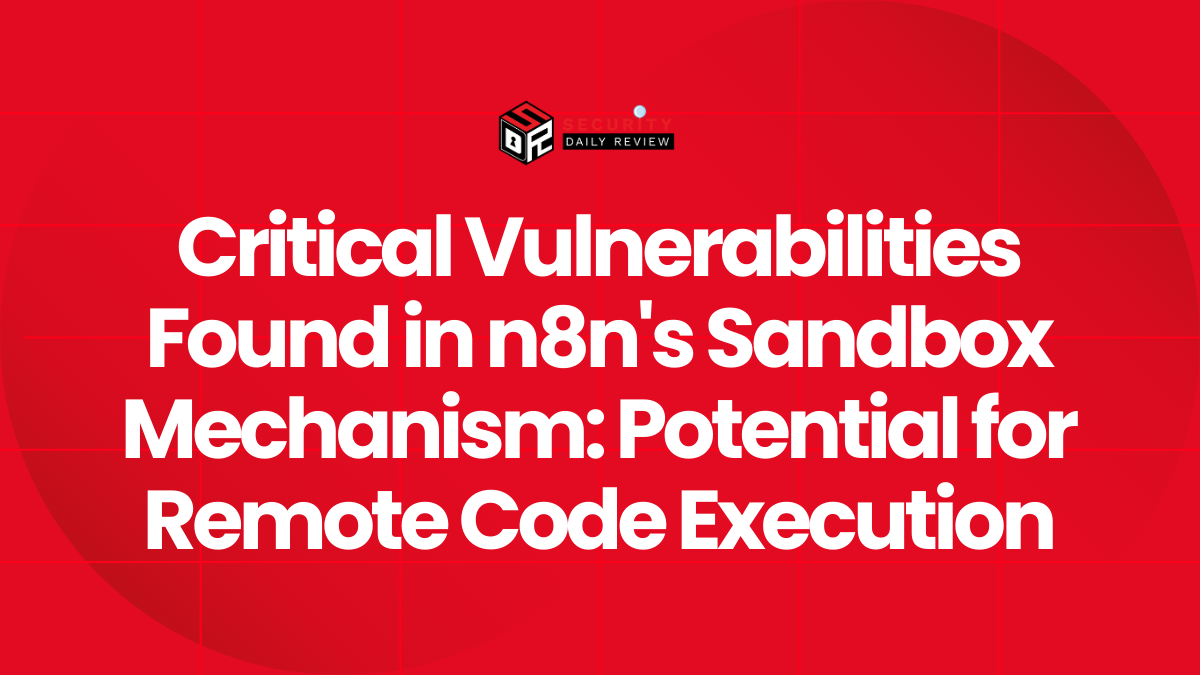A ransomware gang has claimed responsibility for stealing sensitive internal documents from Dimensional Control Systems (3DCS), a software supplier serving global manufacturers including Boeing, Volkswagen, Siemens, and Samsung.
The cybercriminal group, known as J Group, listed 3DCS on its dark web leak site, alleging that it exfiltrated 11GB of confidential company files. The posting follows the standard pressure tactic used by ransomware gangs, where victims are named publicly to force negotiations under the threat of data exposure.
Founded as a specialist in dimensional engineering and quality management solutions, 3DCS provides software and services across the automotive, aerospace, medical devices, electronics, and industrial machinery sectors. High-profile companies such as Fiat Chrysler Automobiles, General Motors, Nissan, Airbus, Boeing, Philips Medical, LG, and Samsung are among its clients. The firm reported $20.8 million in revenue in 2025, underscoring its significance as a supplier in critical global industries.
“Revealed security measures that a company implements paints a clear picture for the attackers of what would be the easiest or hardest to exploit,” noted researchers.
Dimensional Control Systems Data Allegedly Compromised
According to the attackers’ claims, the stolen data set includes highly sensitive internal materials such as:
- Proprietary software architecture and technical documentation
- Configuration files for integrations with CAE, HPC, and PLM systems
- Client-side metadata outlining business objects, user permissions, and audit trails
- Sensitive legal documents including certificates and insurance policies
- Internal backup protocols, technical support guidelines, and security procedures
To substantiate the breach, J Group released a text file listing hundreds of allegedly stolen PDF files. Many of these were described as being signed by both current and former employees, with names clearly visible. Training reports, expense reports, and internal operational documents were also among the samples provided.
In addition, a compressed folder containing files from parent company Sandvik was posted. These documents reportedly include historical security assessments, cyber insurance policies, and crime insurance files, potentially exposing critical information about the company’s defensive strategies and risk management practices.
If authentic, the documents could pose significant risks by revealing how 3DCS protects its systems, potentially providing attackers with a roadmap for future exploitation. The files may also contain personally identifiable information (PII) of employees, increasing the likelihood of identity theft or targeted social engineering attacks.
Questions Around Authenticity of Stolen Files
The legitimacy of the data has not yet been independently verified. Ransomware gangs frequently recycle outdated or unrelated material from prior breaches to exaggerate their impact or apply additional pressure on victims. Nonetheless, if the files are genuine, 3DCS faces both operational and reputational consequences.
The company has not yet issued a public statement regarding the incident. Confirmation or denial of the breach remains pending.
Emerging Threat Actor J Group
J Group ransomware emerged in early 2025 and is still regarded as a relatively new player within the cyber extortion ecosystem. While its operations remain under study, the group has targeted a wide spectrum of industries ranging from aviation to food production.
Recently, the gang claimed responsibility for an attack on German charter operator FAI Aviation Group, asserting it had stolen sensitive data. As with 3DCS, the veracity of that claim has not been officially confirmed.
Unlike some established ransomware operators that strictly rely on publishing stolen files, J Group has displayed an interest in data brokerage. In this model, when ransom negotiations fail, the group auctions stolen information to the highest bidder on underground forums. This shift represents a growing trend among newer cybercriminal enterprises, seeking to maximize profits through alternative extortion methods.
“Our operational model encourages dialogue and resolution rather than chaos and destruction,” J Group claims on its leak site.
Despite this stated position, the gang’s targeting of companies across multiple industries highlights its opportunistic approach. Security analysts suggest that its evolving tactics may signal experimentation as it attempts to establish itself within the competitive ransomware-as-a-service market.
Potential Risks to Global Supply Chains
The potential compromise of 3DCS is particularly significant given its role in global manufacturing. Many of its clients, including Boeing and Volkswagen, rely on its dimensional engineering software to ensure quality in critical aerospace and automotive production lines.
Exposure of proprietary software designs, configuration files, or integration data could impact not only the company itself but also downstream partners in sectors where reliability and safety are paramount. Additionally, the leak of legal and insurance documents could give attackers insight into how 3DCS manages liability and coverage, further increasing risk exposure.
At this stage, it remains unclear whether J Group intends to publish the stolen materials broadly, sell them via underground markets, or use them solely as leverage in ransom negotiations.









